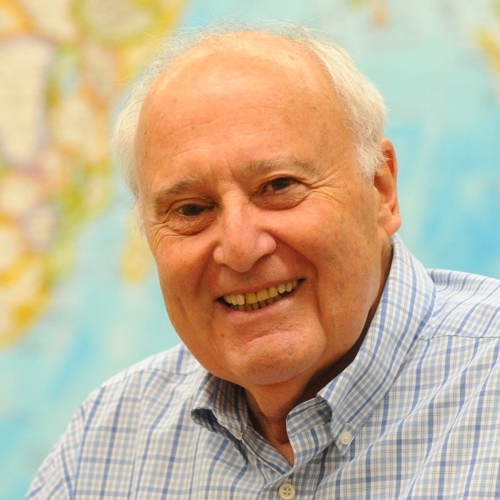The global ocean circulation affects our climate in myriad ways and plays a central role in mediating the planet’s response to climate change. A key aspect of this circulation is the importance of specific localized gateways (or choke points) which control the strength and structure of the circulation. Examples of such gateways are the Indonesian Throughflow, the Agulhas retroflection, and outflows from the Ross and Weddell Seas. Despite many recent advances in physical oceanography, these systems often consist of multiple strong jets that vary over a range of space and time scales and so remain extremely challenging to observe and model.
Contemporary global ocean observing programs like Argo do not sample ocean gateways with sufficient spatial and temporal detail to uncover their physics. Instead, monitoring these gateways requires specialized, dedicated observational campaigns and instrumental techniques; sustained timeseries are particularly valuable but logistically and scientifically often difficult to obtain. Still many fundamental questions about the pathways, structure and variability of these gateways on climate time scales remain unanswered. It is crucial that the knowledge garnered from the past of how to successfully collect these observations is passed on to the next generation of oceanographers, to maintain the impetus from earlier studies and to advance new observing technology. Numerical model have traditionally struggled to represent ocean gateways, but advances in computational power (resolution) and numerical techniques have recently led to major improvements. By bringing together the observational and modeling communities at a single workshop, we will catalyze rapid progress and provide a unique forum for identifying knowledge gaps in the system so as to build a better integrated strategy for a gateway observing system of the future.
Professor Arnold Gordon’s singular research career, spanning over 50 years, has transformed our understanding of ocean gateways and their role in climate. Given the accelerating rate of climate change, the rapid development of new observing technologies, and the emergence of a new class of high-resolution global ocean models, the time is ripe to assess the state of knowledge in the field of ocean gateways and define key challenges for future research. This two-day workshop will bring together distinguished and early-career researchers from across the world, including observationalists, theoreticians and modelers to address these topics. The workshop, to be held at Scripps Institution of Oceanography in San Diego in February 2020, will coincide with Arnold Gordon’s 80th birthday and occur in the week prior to the 2020 Ocean Science meeting.
The workshop will support the participation of early career researchers, who will gain exposure to the opportunities and challenges in the field of ocean gateways.
